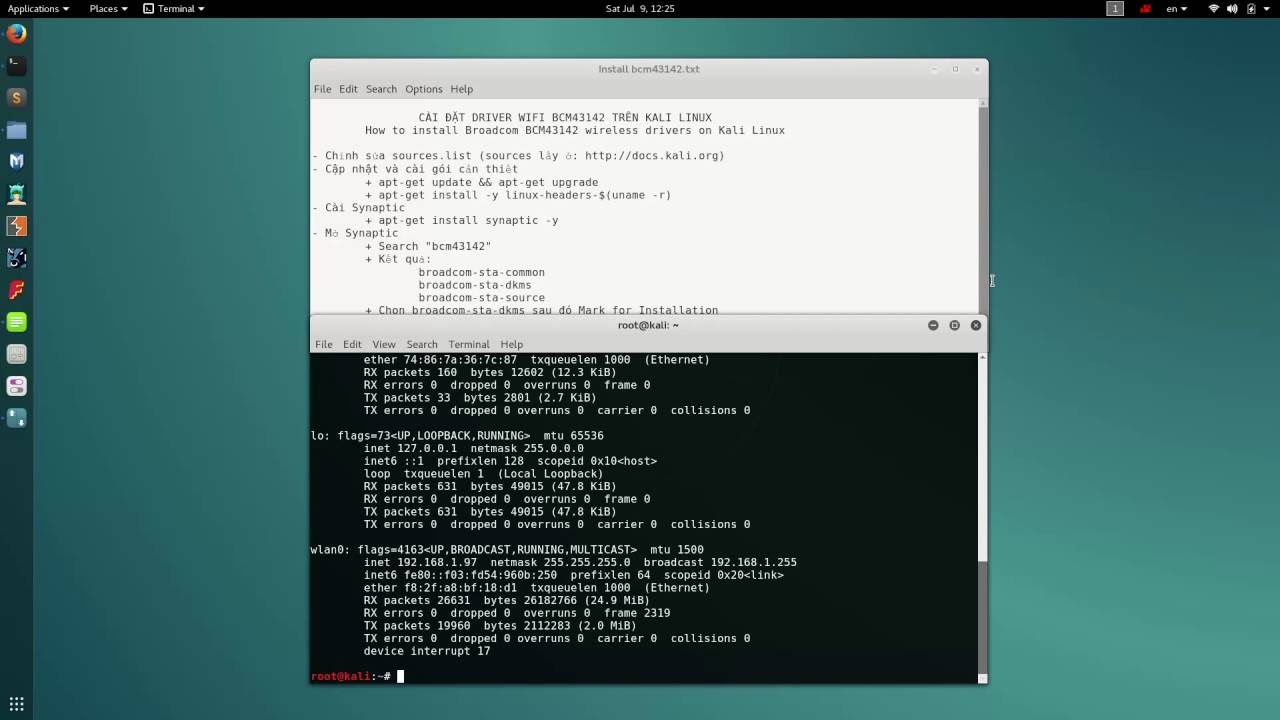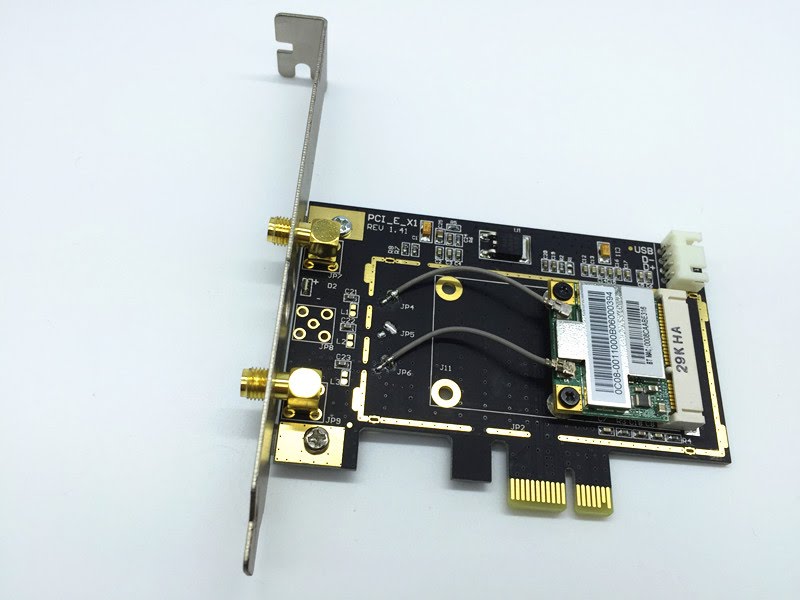

For custom kernels, you need to use broadcom-wl-dkms. Install b43-firmware, b43-firmware-classic or b43-firmware-legacy from the AUR.īut then for that specific card/macbooks there was also this on arch wiki.īroadcom-wl is sufficient if you are using the Linux mainline kernel. To avoid erroneous detection of your WiFi card's chipset, blacklist the unused driver.īoth of these drivers require non-free firmware to function. Two reverse-engineered open-source drivers are built-in to the kernel: b43 and b43legacy.ī43 supports most newer Broadcom chipsets, while the b43legacy driver only supports the early BCM4301 and BCM4306 rev.2 chipsets. I'm tired installing the b43 drivers but it didn't work. Device Flags: bus master, fast devsel, latency 0, IRQ 18 Memory at c1200000 (64-bit, non-prefetchable) Memory at c1000000 (64-bit, non-prefetchable) Capabilities: Kernel driver in use: bcma-pci-bridge Kernel modules: bcma Lspci -vnn -d 14e4: displays the followingĠ3:00.0 Network controller : Broadcom Corporation BCM4360 802.11ac Wireless Network Adapter (rev 03) Subsystem: Apple Inc. ip link:ġ: lo: mtu 65536 qdisc noqueue state UNKNOWN mode DEFAULT group default qlen 1 link/loopback 00:00:00:00:00:00 brd 00:00:00:00:00:00 2: ens9: mtu 1500 qdisc mq state UP mode DEFAULT group default qlen 1000 link/ether 38:c9:86:39:03:16 brd ff:ff:ff:ff:ff:ff Ip link only shows my ethernet connection.

Its a shame because everything works flawlessly on my thinkpad. the computer being used is a macbook air 7,1. It is not scanning, only displaying "No networks available". After a fresh install of manjaro I noticed my wifi is not working.


 0 kommentar(er)
0 kommentar(er)
